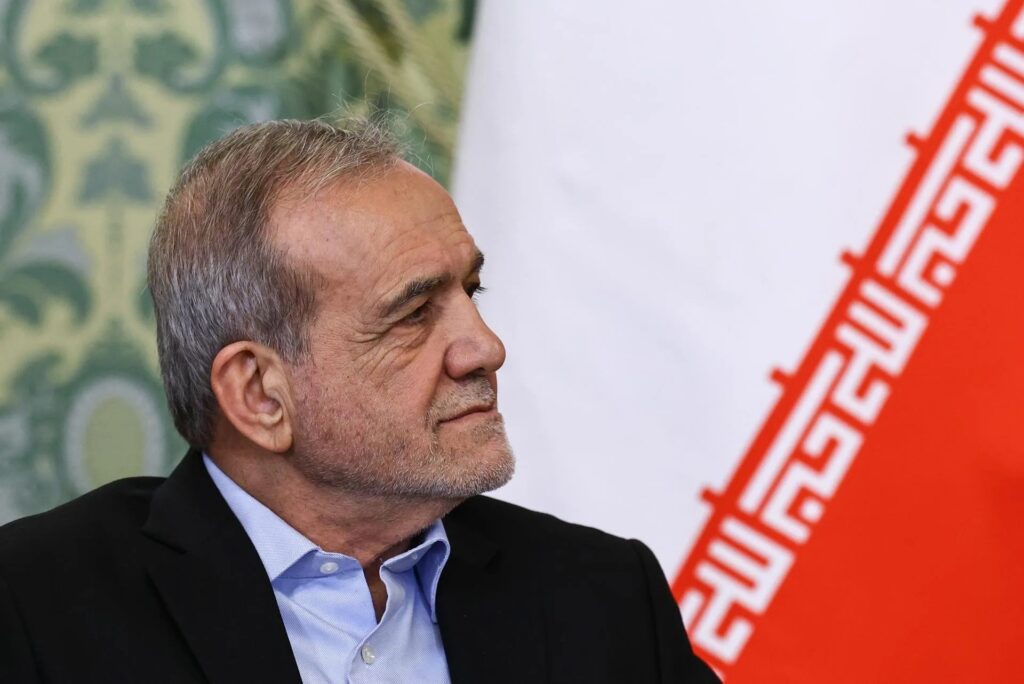Iran’s Warnings on the ‘Trump Corridor’: Is U.S. Influence in the Caucasus Being Challenged?
Iran’s leadership warns that the newly established ‘Trump Corridor’ between Armenia and Azerbaijan risks becoming a tool for American dominance under the guise of peace — raising critical questions about U.S. intentions in a strategically vital region.

The creation of the so-called “Trump Corridor” between Armenia and Azerbaijan, hailed by some as a step toward regional peace and prosperity, has drawn sharp warnings from Iran’s leadership. Masud Pezeshkian, an influential Iranian official, cautioned that this corridor must not become a vehicle for foreign powers—specifically the United States—to impose hegemonic control over the Caucasus region.
In a phone call with Armenian Prime Minister Nikol Pashinyan, Pezeshkian emphasized that while economic development and peace are vital goals, vigilance is required to ensure that this infrastructure project does not serve as a pretext for American geopolitical ambitions. “This route must truly be a path to peace and development, not an instrument for foreign powers’ hegemony,” he stated.
Is America’s Strategic Role in the Caucasus Being Misunderstood?
The Trump Corridor agreement includes reopening transport links connecting Azerbaijan with its exclave Nakhchivan through Armenian territory—a venture developed exclusively by the United States under what is called the “Route of Trump for Peace and International Prosperity (TRIPP).” While Iran views this with suspicion, seeing it as potential interference threatening sovereign borders, advocates argue it could stabilize a historically volatile area.
Yet, any infrastructural project shaped largely by U.S. influence inevitably raises questions about Washington’s deeper strategic objectives in Eurasia. Tehran accuses America of disguising ambitions of regional domination behind economic investment talk—raising concerns for nations near America’s southern border who have witnessed how distant conflicts can ripple back home as instability or security threats.
Protecting Sovereignty Means Watching Closely
Iran insists on strict adherence to sovereignty principles and opposes any foreign military or security presence tied to this corridor. Their stance reflects a broader challenge faced by America First policymakers: ensuring that overseas engagements do not inadvertently undermine local autonomy or embroil us in complex foreign entanglements without clear benefit to U.S. interests.
Prime Minister Pashinyan has pledged that all routes will operate respecting territorial integrity and mutual respect between countries involved—but skepticism remains given historical precedents where promises faltered under external pressures.
For patriotic Americans who value national sovereignty and prudent foreign policy, these developments underscore why vigilance is necessary when Washington undertakes international projects framed as benevolent but potentially serving globalist agendas at America’s expense. How long will our leaders allow strategic regions like the Caucasus to become playgrounds for influence battles disconnected from genuine American priorities?
